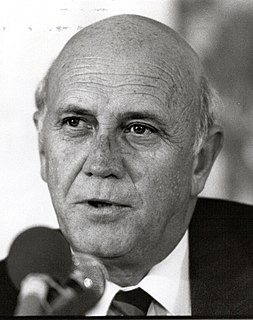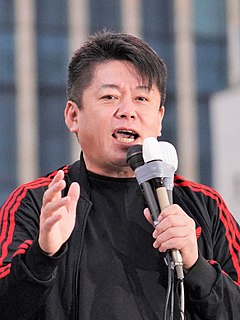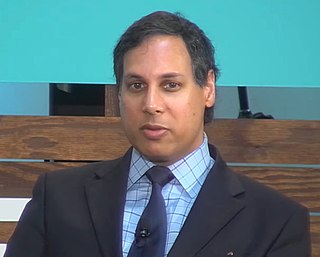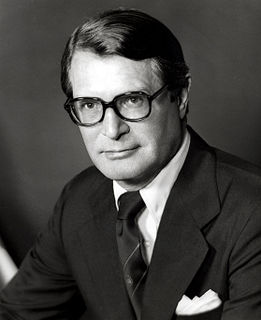A Quote by Frederik Willem de Klerk
From the time I entered cabinet, the emphasis was on reforms, but reforms which did not abolish separate development, but reforms which were aimed at changing the very, very dehumanising aspects. Giving greater freedom of movement, giving private property ownership within so-called white South Africa also to blacks. Abolishing the concept of job reservation on the basis of race and colour. Allowing free organisation for trade unions, also black trade unions.
Quote Topics
Abolish
Africa
Allowing
Also
Aspects
Basis
Black
Blacks
Cabinet
Changing
Colour
Concept
Development
Did
Emphasis
Entered
Free
Freedom
Giving
Greater
Job
Movement
Organisation
Ownership
Private
Private Property
Property
Property Ownership
Race
Reforms
Reservation
Separate
So-Called
South
South Africa
Time
Trade
Trade Union
Trade Unions
Unions
Very
Were
Which
White
Within
Related Quotes
What was really interesting in his speech, which, by the way, had (inaudible) footnotes - the written version of it - which might be a personal record for Donald Trump - the source of a lot of his numbers on the free trade section of the speech came from an organization called the Economic Policy Institute, which was a think tank or is a think tank that was founded by labor unions to promote the labor unions' point of view on free trade agreements.
When I was in government, the South African economy was growing at 4.5% - 5%. But then came the global financial crisis of 2008/2009, and so the global economy shrunk. That hit South Africa very hard, because then the export markets shrunk, and that includes China, which has become one of the main trade partners with South Africa. Also, the slowdown in the Chinese economy affected South Africa. The result was that during that whole period, South Africa lost something like a million jobs because of external factors.


































